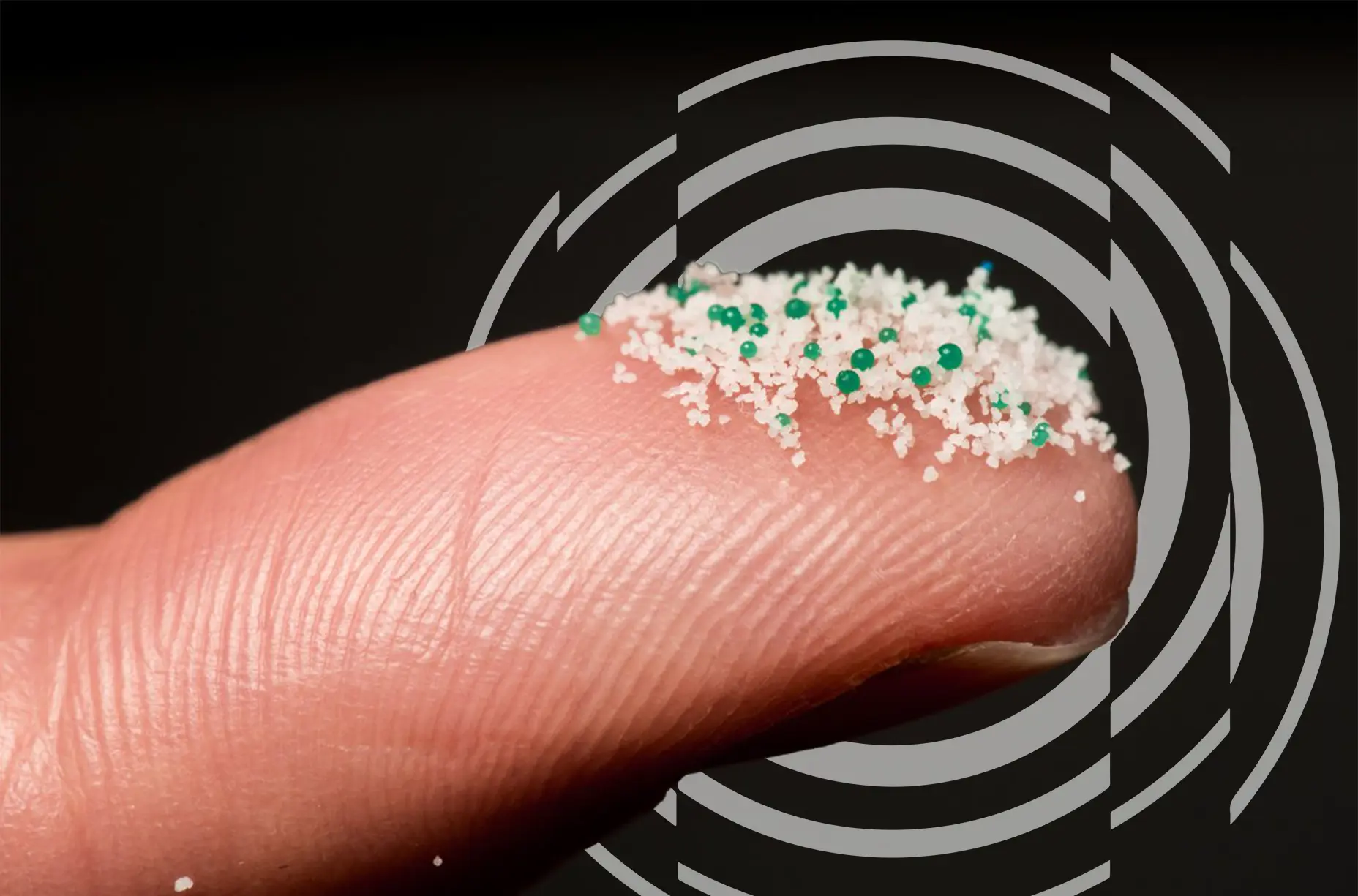Live plastic-free and make conscious choices that benefit your health. The PlasticFreeFuture app makes it easy to identify microplastics in products. Simply scan a product to see if it contains microplastics and discover sustainable alternatives. This way, you can avoid greenwashing and make better-informed decisions. With PlasticFreeFuture, a plastic-free future is more accessible than ever.

.png?version=2277)
